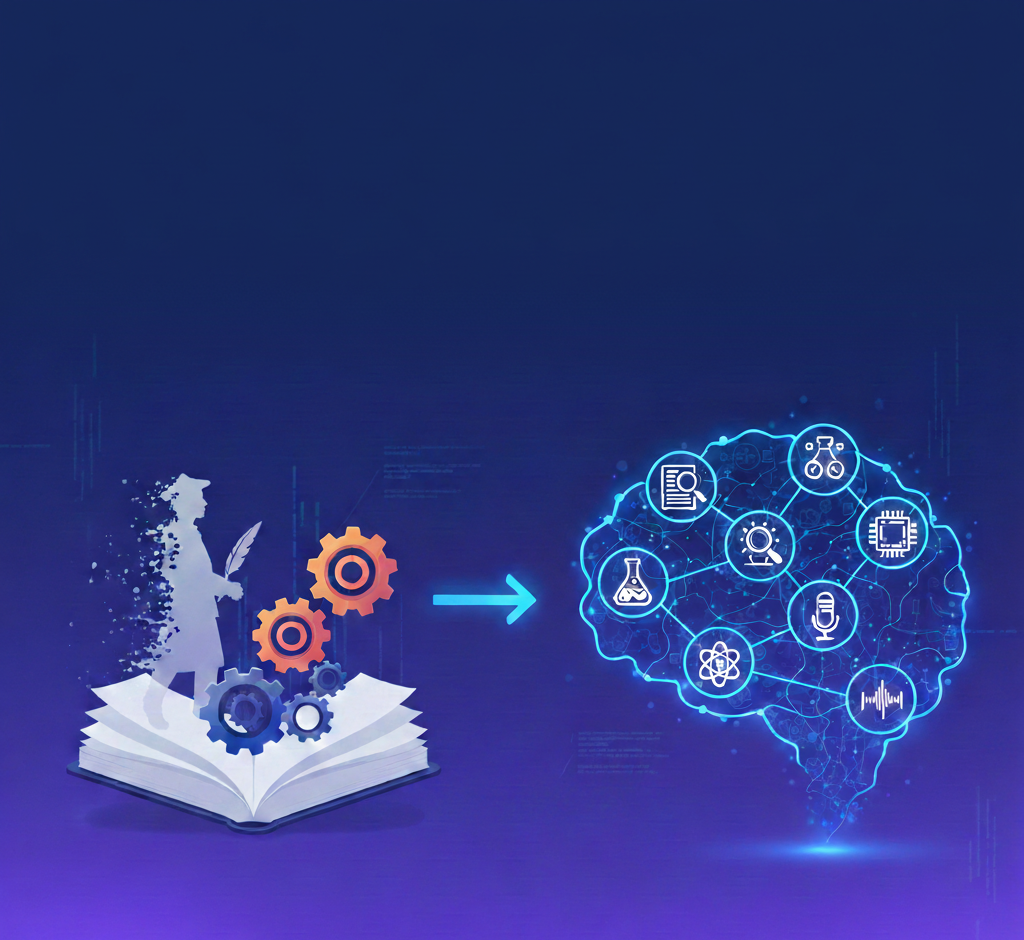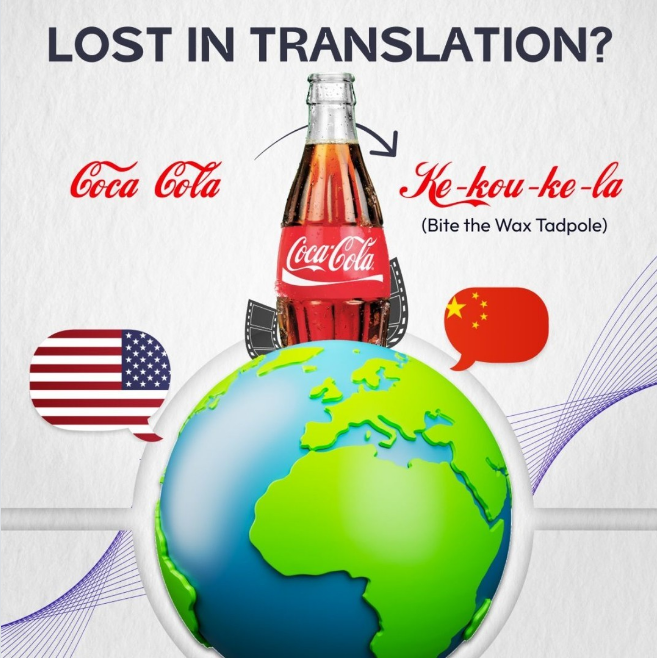Choosing languages is essential to begin the localization process. Often, there’s pressure to take action and grow, even while languages and markets are still taking shape in your strategy. To determine your top languages for app localization, know your product and target markets deeply. This is just one of the early steps in your global expansion.Read on about how to prepare for the localization process by identifying your target languages and readying your app to go global.
Pick Markets, Not Languages, for Localization
Languages are gateways to new markets. But you really want to invest in building only the gateways that lead to returns. One of the biggest divides that we see in app localization strategy is between those companies that focus on the number of potential subscribers and those that focus on maximum monetization.
Your localization strategy needs to be less about prioritizing languages and more about prioritizing profitable markets. So, it’s important to focus first on the end goal and to build your strategy around smart steps in that direction.Market research can be quite complex, and it’s critical that you confer with the data. You can see the success of comparable products in different markets by tracking downloads, revenues, and a host of other variables.
You can even track the current success of your original app in various locales; there may be certain markets in which the English-language app does surprisingly well. If this is the case, it’s worth digging into the data further. This might be a sign that a localized version would be wildly successful in this market and should be prioritized. On the other hand, this might be a sign that you are gaining enough traction in this locale without a localized version, and, therefore, other markets and languages should claim your early attention and resources.
Approaches to Selecting Top Languages for App Localization
The traditional localization priorities are the FIGS languages: French, Italian, German, and Spanish. These languages encompass major European markets, in which people tend to have higher economic status and disposable incomes.
American companies often gravitate toward these markets for those reasons and because of a shared Western culture that often works in favor of the app maker.Perceptions of the world are expanding, however, and Simplified Chinese, Japanese, and Korean are rapidly ascending the list of the top languages for app localization.
They reliably provide both bulk and cash flow for many app companies. The emergence of BRICS—Brazil, Russia, India, China, and South Africa—as an economic bloc is also notable. BRICS represents a relatively large percentage of the world’s total population.Part of the legacy of colonialism is that many people know one (or more) of the primary European languages. Along with FIGS, consider FERPS: French, English, Russian, Portuguese, and Spanish.
These languages have hundreds of millions of native speakers and many times more second-language speakers.The bottom line is that it won’t serve you to jump to conclusions about which markets are most needing and wanting your attention. Take advantage of the data that exists to build confidence around your decisions, as well as some advice from experts who can help you make predictions based on real and extensive localization experience.
Comprehensive Localization Planning and Strategy
Trial and error is not an appropriate methodology for your global adaptations and marketing. There’s too much at stake. This goes for those decisions about which markets to target as well as how you actually approach and manage the localization process.
The results of your localization efforts will be in your consumers’ hands and might very well make the difference of whether they hang onto the app or uninstall. And while these projects are incredibly rewarding when done well, they aren’t cheap. So, do it right the first time.Don’t cut any corners with internationalization before you go live.
Make sure your app and your translated content will play nicely. Make sure your localized UIs are entirely engaging and user friendly for the target audiences. Ensure that name and address fields match local conventions.
Be prepared in advance for text expansion and right-to-left languages. Strategize for Android and iOS projects to be sure you are meeting the demands of local markets.
Keep in mind any legal and regulatory issues that must be sorted out in advance. Russia, for example, is an emerging major market, but it is subject to complex economic sanctions and has a state-sponsored “import replacement” program that especially targets hi-tech fields.Manage your budget.
Don’t limit your estimates to the cost of translating app content; carefully consider customer support, your website, marketing content, email blasts, and other valuable add-ons.
The localization experts already have a good idea about the most productive and cost-effective steps forward. And you’ll definitely need them as new challenges arise—as you’re ready to scale into even more markets and languages.The most effective way to receive high-quality translation and reliable updates to your app is to partner with the experts. By integrating with a centralized, automated localization platform, you can enjoy the benefits of a transparent workflow that provides maximal efficiency with minimal management.
Unlock the power of glocalization with our Translation Management System.
Unlock the power of
with our Translation Management System.



























